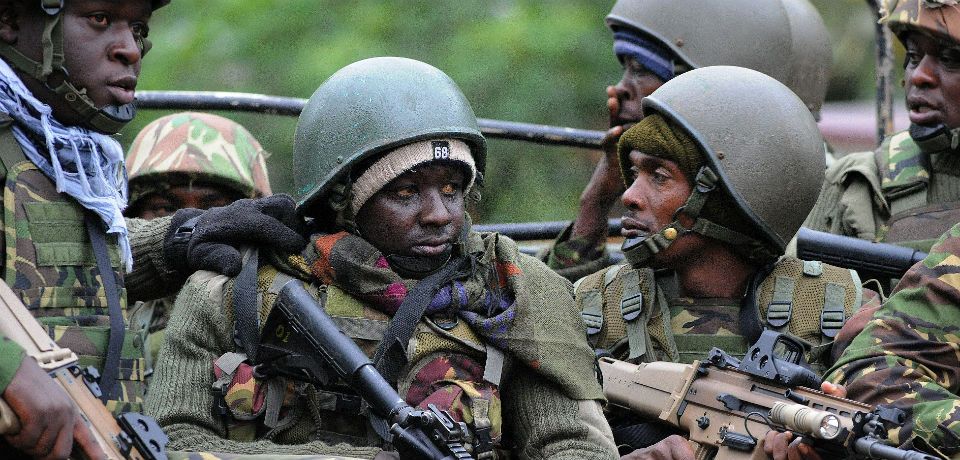Hans-Georg Maassen has a troubling relationship with the far-right—just like the agency he used to head.
Read: Foreign Policy
Hans-Georg Maassen has a troubling relationship with the far-right—just like the agency he used to head.
Read: Foreign Policy
German authorities looked the other way as a right-wing terrorist cell went on a seven-year killing spree. Now they won’t look in the mirror.
Read: Foreign Policy Magazine
As featured on Longform
In 2013, the Haitian government began seizing land on a picturesque island to construct a $260 million tourism hot spot. Two years later, the country’s opaque land laws have all but sunk the project.
Five years after a devastating earthquake that killed more than 200,000 people and caused some $8 billion in damage, Haiti’s leaders are banking on tourism to help buoy recovery and drag the nation out of poverty. The Île-à-Vache project is ground zero for these hopes. Wooing investors with tax breaks and the promise of internationally funded infrastructure upgrades, the government has developed a plan that includes a new airport, a series of hotels, and an 18-hole golf course.
But just two years after it began, the project has stalled. As of March, not one of the 2,500 hotel rooms anticipated by Haiti’s government has appeared. The Île-à-Vache project has been stymied by conflict between the government and local residents over ownership of the island’s land.
Read: Foreign Policy Magazine

SIMON MAINA
Kenya’s counterterrorism approach following the Westgate Mall attack is crude — and may actually be spawning more violence.
NAIROBI, Kenya — At around 7:30 p.m. on March 31, three blasts went off in Nairobi’s Eastleigh neighborhood. The explosions, which police say were caused by grenades, killed six and injured around a dozen civilians congregating at two local cafes in the suburban area, which is dominated by ethnic Somalis.
mens nike shox nz
The bombings were only the latest in a spat of terror attacks following the September 2013 siege of Westgate Mall by Somali gunmen, which left 67 people dead. In December, a grenade blast killed four people in Eastleigh. In late March, unidentified gunmen entered a church near the coastal city of Mombasa, killing six. In all, nearly a dozen attacks that bear the marks of al-Shabab, a jihadist group based in Somalia that was responsible for the Westgate attack, have rattled Kenya since last fall.
Police are taking a high-profile approach as they respond to these attacks, detaining thousands of Somalis and Kenyan citizens of Somali heritage. But stops and arrests are not based on intelligence. Rather, police officers simply scour ethnic-Somali neighborhoods, sweeping up civilians from the streets.
Terrorism analysts say this sort of policing may actually be making Kenya less safe. As indiscriminate profiling becomes the fabric of security procedures, hundreds of thousands of Kenyan-Somali Muslims — a group from which al-Shabab affiliates are actively attempting torecruit — have something to be angry about. The government’s ethnic-focused, and often brutal, anti-terror tactics thus may be fueling the very attacks they are meant to suppress.
Read: Foreign Policy Magazine